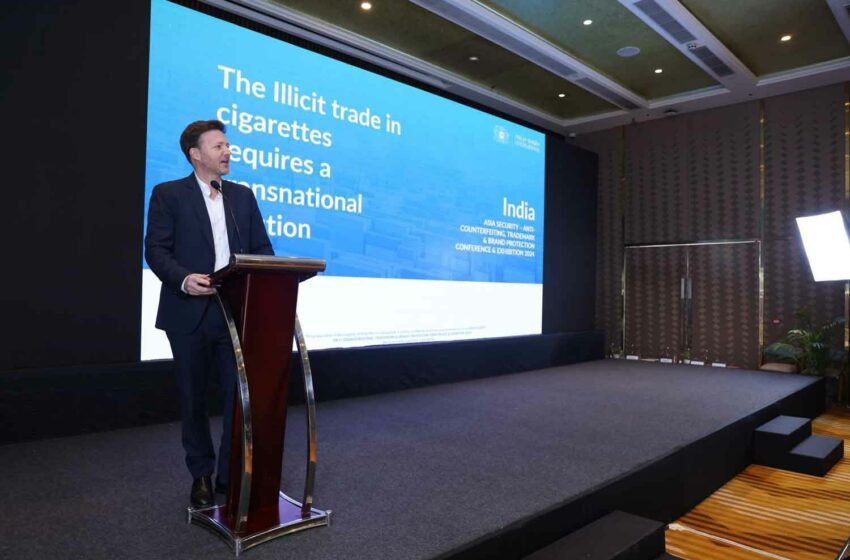
Nearly half (45 percent) of participants in a survey among adults aged 18-25 in the U.S. reported knowing someone who successfully used a fake ID to gain access to age-restricted products, such as tobacco, according to a new report by Scandit.
The survey, which encompassed over 2,000 respondents across all 50 states, also found that 71 percent of respondents said it was either “very easy” or “somewhat easy” to acquire a fake ID and over 30 percent admitted to considering or buying a fake ID themselves. This issue is exacerbated in places with stricter regulations and a higher population of college students, with New England landing as the region with the highest percentage of under-21s considering fake IDs (45 percent) and the highest rate of successful fake ID use at 59 percent across the age range surveyed.
“The widespread use of fake IDs presents a significant financial, compliance and reputational challenge for many businesses across the U.S., underscoring the need for greater vigilance and ensuring employees are better trained on and equipped for ID verification,” said Scandit CEO Samuel Mueller.


















